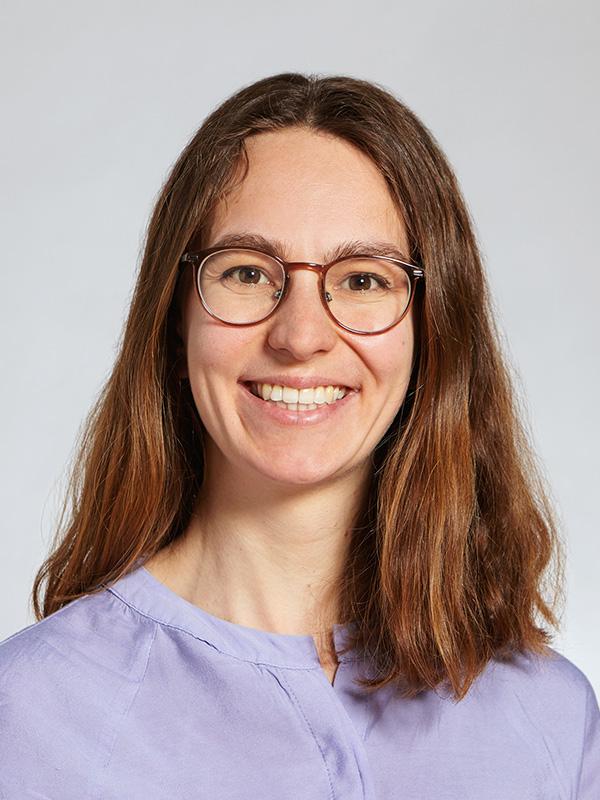Prof. Dr. Cindy De Jonge

Prof. Dr. Cindy De Jonge
SNSF Professor at the Department of Earth Sciences
Additional information
Research area
My research is multidisciplinary, combing methods and approaches from organic biogeochemistry with methods and approaches used in environmental microbiology.
- Current focus:
- using brGDGTs in lacustrine sediments to reconstruct changes in climate and the chemical environment.
- linking brGDGT distributions in soil, rivers and lakes to the diversity of their bacterial producers, to understand their environmental dependencies.
- developing brGDGT model to distinguish soil and/or lacustrine provenance.
- applying brGDGT models to reconstruct past changes in temperature, using brGDGTs from lake sediments.
- Student hours:
Monday 09h-12h. Wednesday 09h-12h. Friday 13h-16h.
I have these hours set aside especially for students, feel free to get in touch to set up a zoom or in-person meeting.
- On-site presence:
I am present at ETH on Monday, Thursday and Friday.
- Supervision at ETH:
For his Bachelor thesis, David Calvarese is working on an Italian paleolake core, linking brGDGTs and bacterial fatty acids with aDNA-based bacterial community changes (icw Camille Thomas).
Fatemeh Ajellooiean is pursuing her PhD, studying the impact of temperature changes on brGDGTs produced in the aquatic environment using a mescosm set-up and seasonal variability in lake systems [2019-current].
Dr. Julie Lattaud is employed as a post-doctoral scientist, studying biomarker lipids in the Okavango delta, targeting both modern and paleo-settings.
- Previous supervision:
Sarah Rowan has currently completed a MSc thesis using a multiproxy assessment of brGDGT sources in Lago Cadagno (CH) [2019-2020]. This combined both a paleoclimate reconstructions, as well as a link with deep biosphere bacteria and archaea.
Ricarda Rosskopf has completed a succesful i) FLAB (Field and Lab project) and ii) semester project in our group [2019-2021].
Pien Anjewierden finished her MSc thesis looking at temporal variation in brGDGTs in the Sihl river and its implication on the functioning of brGDGTs as paleoclimate indicators [2018-2019], currently an interesting manuscript in the pipeline!
- Collaboration opportunities:
Currently active collaborations use GDGTs as a biomarker for paleoclimate in lacustrine sediments (i.e. lakes from Ethiopia, Romenia, Canada, Chili, Switzerland). Please get in touch if you think brGDGTs or other lipid biomarkers could add to the interpretation of your dataset.
Course Catalogue
Spring Semester 2024
| Number | Unit |
|---|---|
| 651-4044-04L | Micropalaeontology and Molecular Palaeontology |
